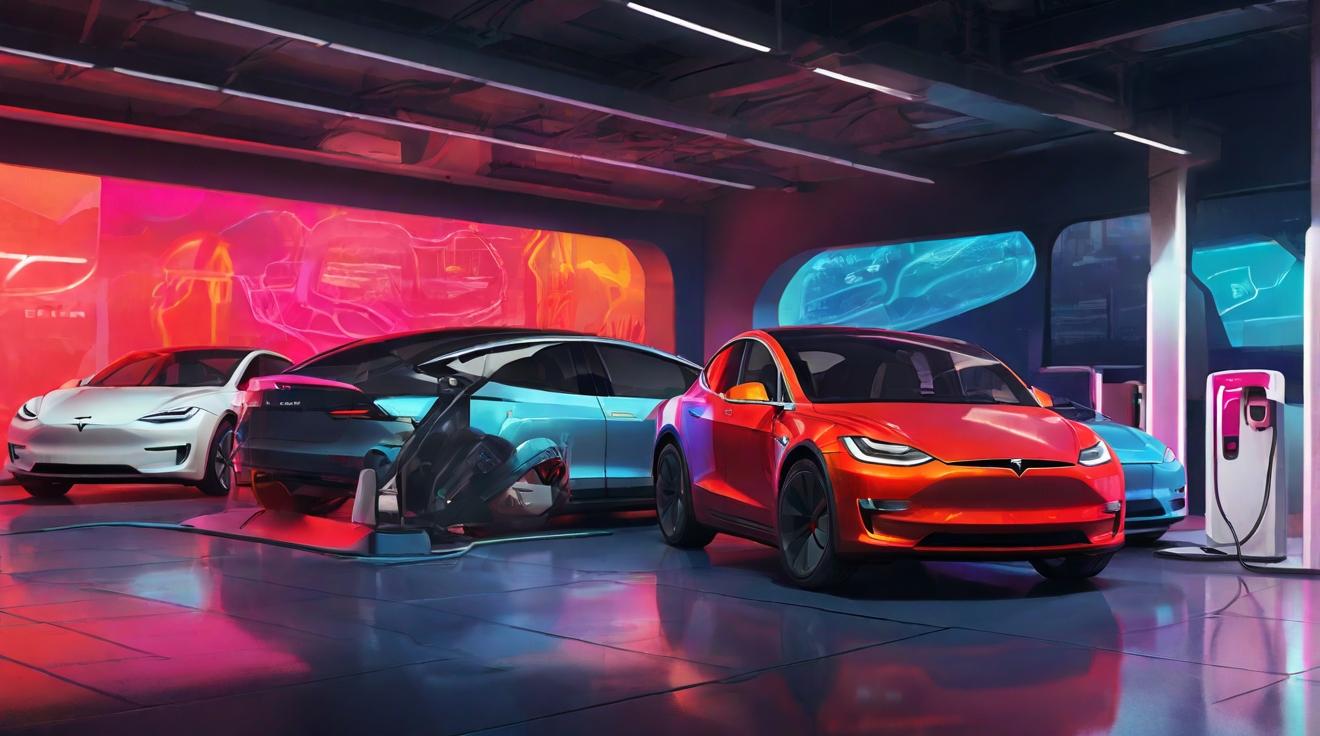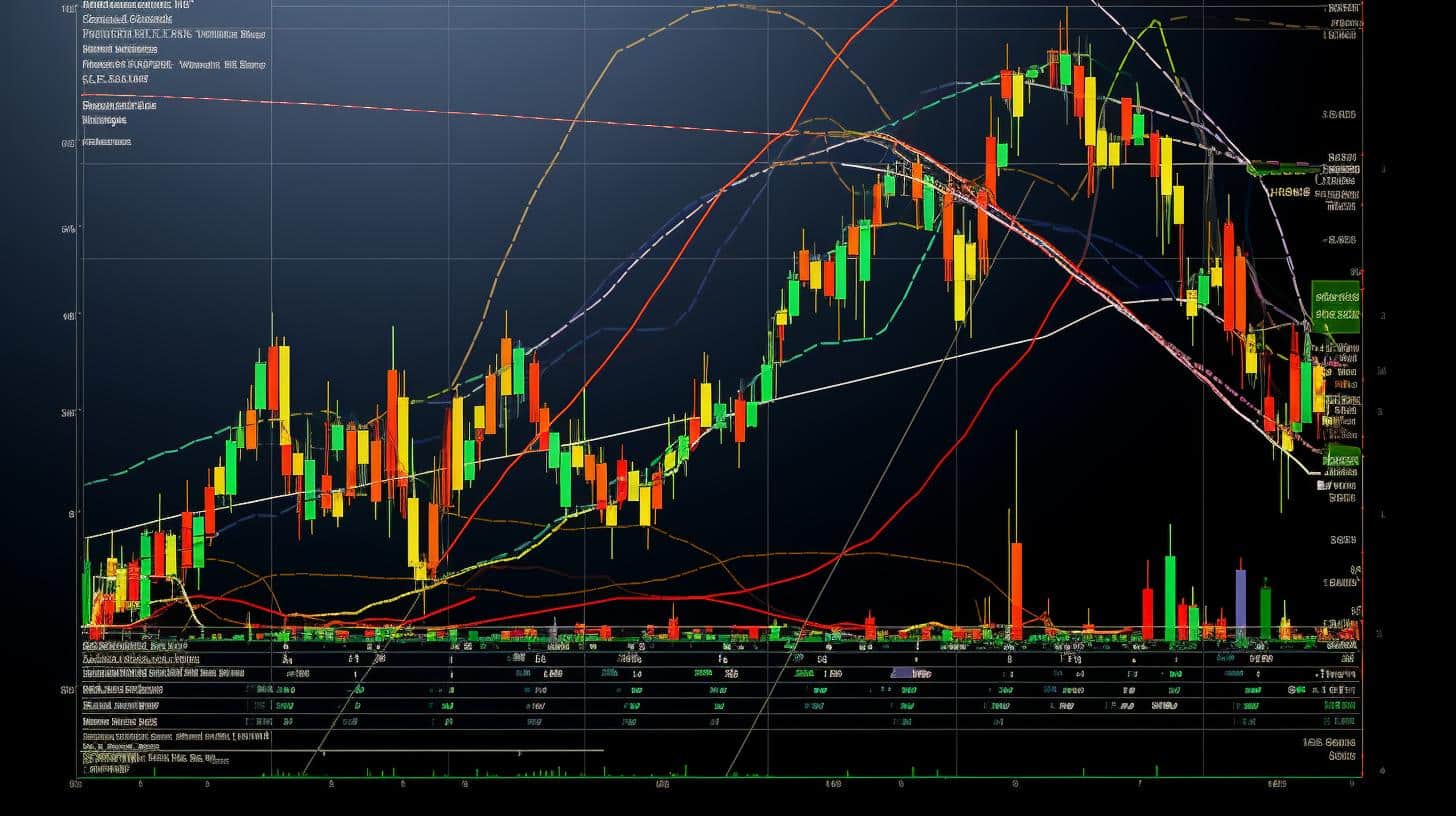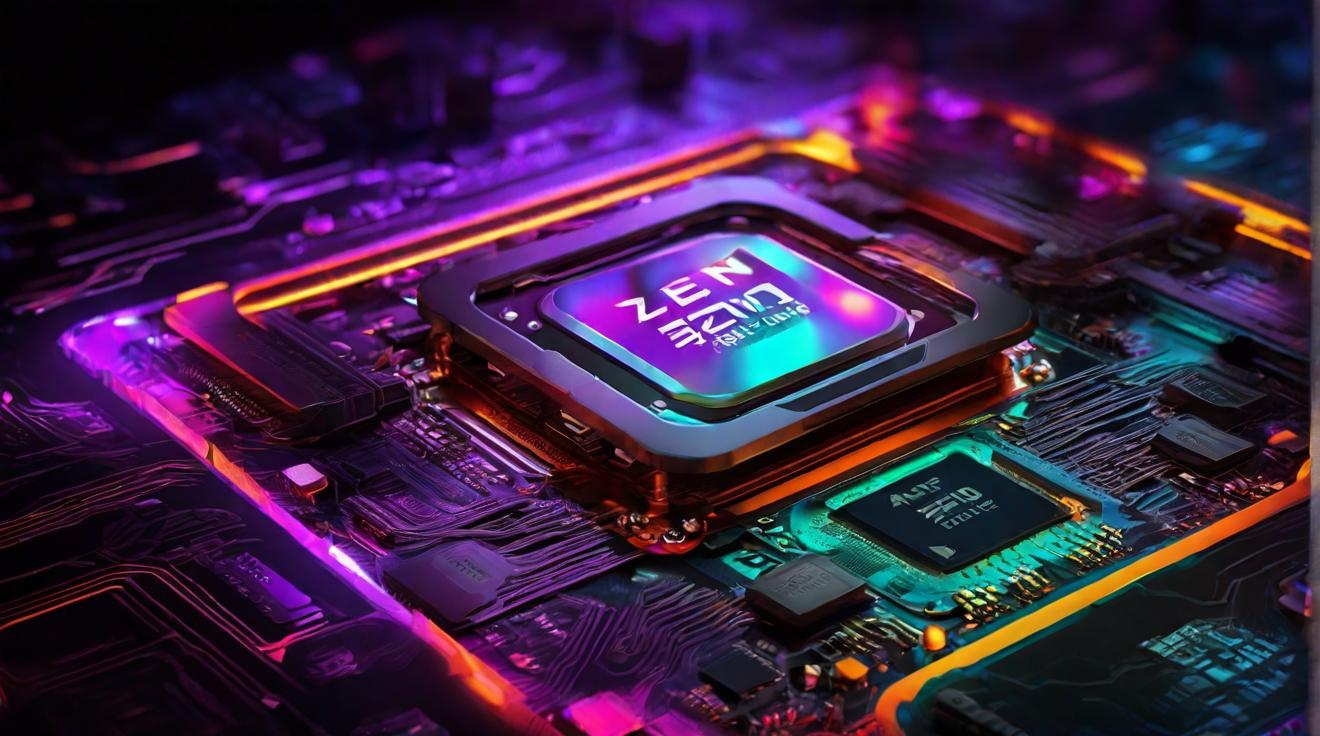Tesla’s North American Charging Standard (NACS) Becomes Industry Standard for Major Automakers
By [Author’s Name]
Tesla’s charging standard, now known as the North American Charging Standard (NACS), has been widely adopted by major automakers, solidifying its position as the industry standard. Companies such as Stellantis, Ford, General Motors, Mercedes-Benz, Nissan, Honda, the Hyundai Group, Toyota, BMW, and Volkswagen have all embraced NACS. This move towards standardization is expected to simplify the charging process for electric vehicle (EV) owners, making it more convenient and increasing compatibility across various charging stations.
The widespread adoption of NACS by major automakers is a significant victory for Tesla. It demonstrates the superiority of Tesla’s Supercharger network in terms of reach and reliability when compared to competitors. The fact that other automakers are now embracing NACS suggests they recognize the benefits of its more compact design.
This shift towards standardization in the US follows similar efforts in Europe and China, which have successfully accelerated EV adoption. By aligning charging standards, the industry aims to make the charging experience for EVs more straightforward and similar to traditional gas-fueled vehicles. This standardization is crucial for encouraging more consumers to transition to electric vehicles and for creating a seamless charging infrastructure across the country.
A key aspect of this transition is the inclusion of NACS in electric vehicles alongside older connectors such as the Combined Charging System (CCS) and CHAdeMO. By 2025, these standards will be integrated into EV models, ensuring a gradual and smooth transition. This allows existing charging infrastructure to support a wide range of vehicles and provides flexibility for EV owners.
With Tesla’s NACS becoming the preferred charging standard for major automakers, the EV industry is poised for significant growth and widespread adoption. The standardization of charging systems not only benefits Tesla but also paves the way for a more interconnected and accessible charging network for all EV owners. As the industry continues to evolve, the adoption of standardized charging systems will play a vital role in shaping the future of transportation and accelerating the shift towards sustainable mobility.
This article was originally published on [News Outlet] on [Date].
Analyst comment
Positive news: Tesla’s North American Charging Standard (NACS) has become the industry standard for major automakers. This will simplify the charging process for electric vehicle (EV) owners and increase compatibility across various charging stations. The widespread adoption of NACS is a significant victory for Tesla and demonstrates the superiority of their Supercharger network. This shift towards standardization in the US, following similar efforts in Europe and China, will accelerate EV adoption, encourage more consumers to transition to electric vehicles, and create a seamless charging infrastructure. Overall, this will drive significant growth and widespread adoption in the EV industry.













